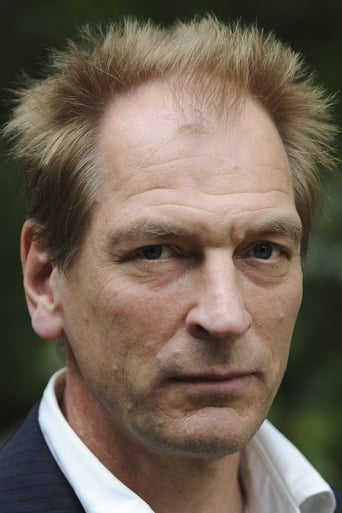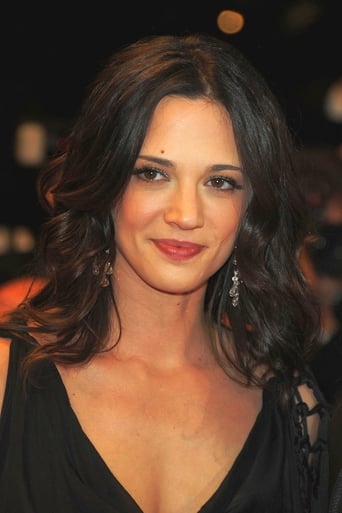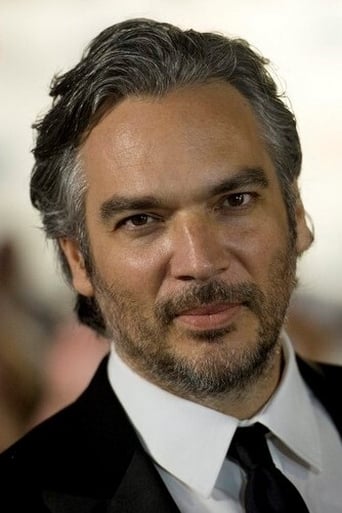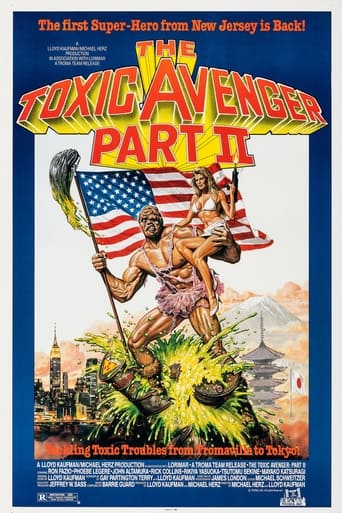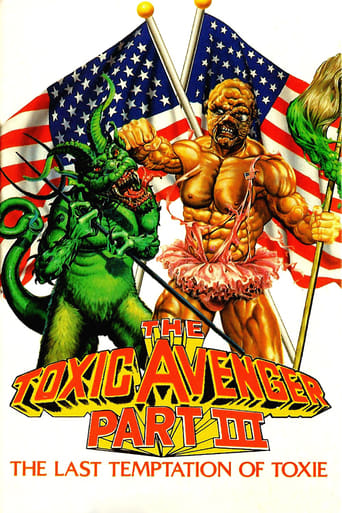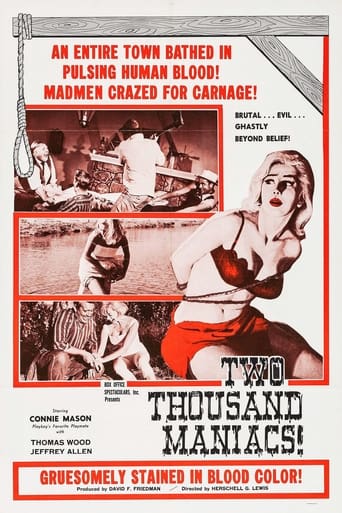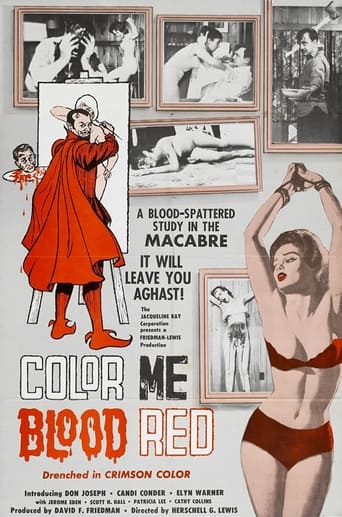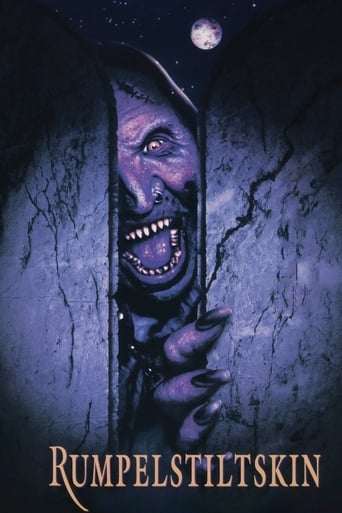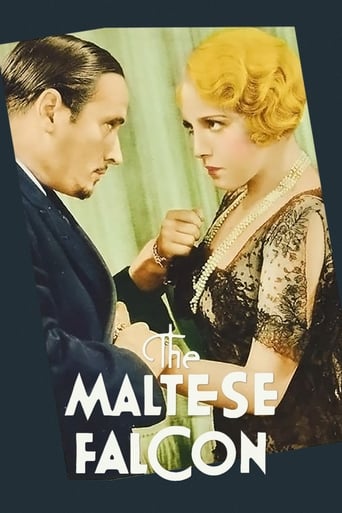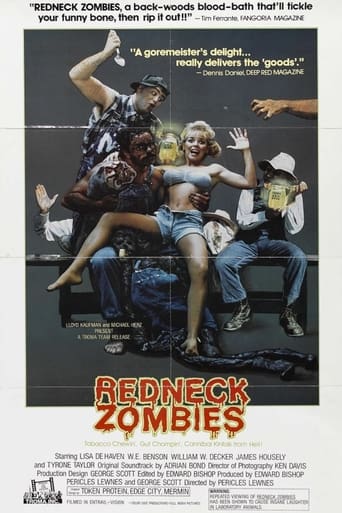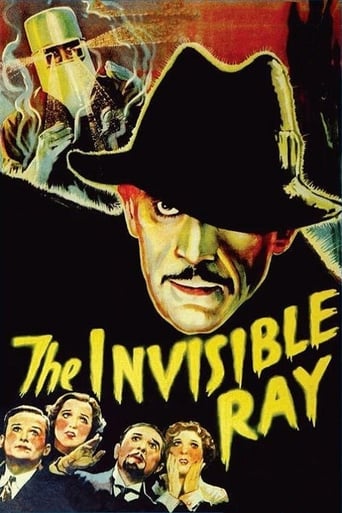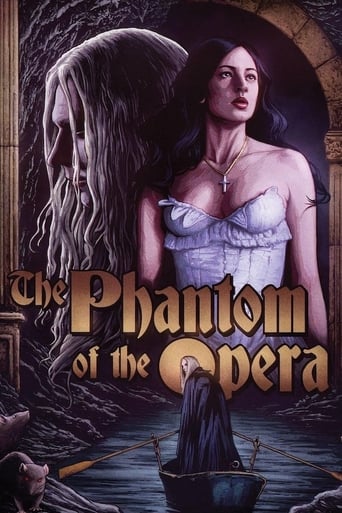
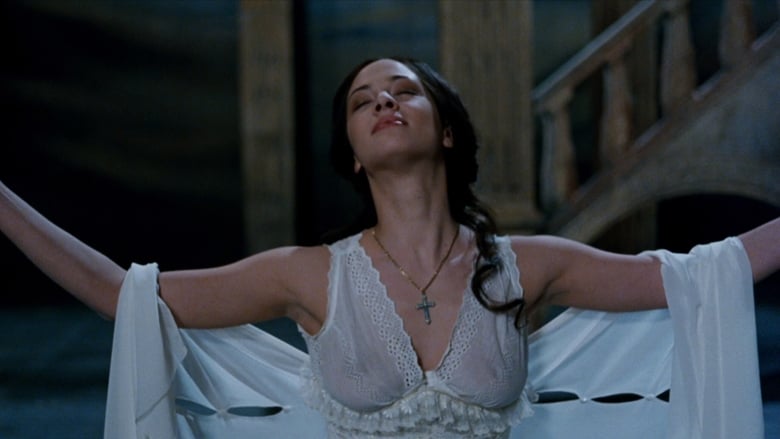
The Phantom of the Opera (1999)
A series of terrifying accidents and brutal murders leave a bloody trail into the subterranean caverns of an Opera house. Below the theatre stalks a man raised by creatures of the underworld.
Watch Trailer
Cast
Similar titles
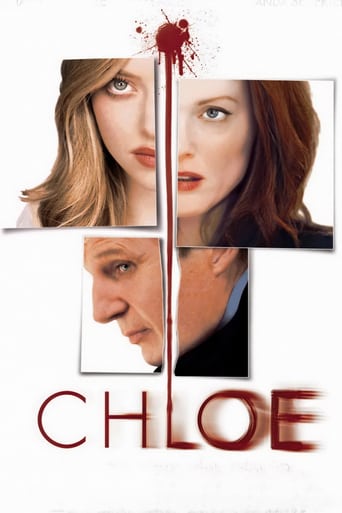
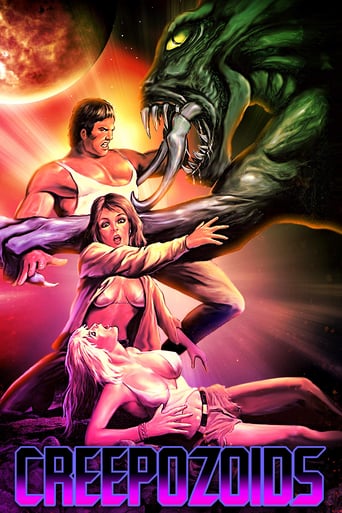
Reviews
Best movie of this year hands down!
There's no way I can possibly love it entirely but I just think its ridiculously bad, but enjoyable at the same time.
It is a whirlwind of delight --- attractive actors, stunning couture, spectacular sets and outrageous parties.
The story, direction, characters, and writing/dialogue is akin to taking a tranquilizer shot to the neck, but everything else was so well done.
Counting down the days to my birthday,I decided that I would watch a double bill. Picking The Evil Dead 3 as the second flick. I took a look at the remaining works of auteur Dario Argento I had left to watch. Initially just finding the "workprint cut" of Trauma and his "live Opera" Macbeth, I spotted that I had never seen his Phantom adaptation,which led to me booking a ticket for the opera.View on the film:Going historical for the first time since the very interesting, 1973 non-Horror/non-Giallo The Five Days of Milan, co-writer/(with Gérard Brach & Giorgina Caspari) director Dario Argento reunites with Opera's cinematographer Ronnie Taylor (who also worked on Phantom adaptations Popcorn and Phantom of the Paradise) aim for an epic Gothic Horror,complete with a magnificent Opera house and winding catacombs. Working on a healthy budget,Argento (who throws sex scenes between the Phantom and his own daughter in to up the sleaze factor!)becomes unsteady in reaching the grandiose ambitions,as the stylisation of camera moves is pulled to focusing on rubbery gore effects, and the lighting is dimmed to the point of the impressive locations being covered in pitch darkness.Whilst losing the directing ambitions he had shown in Opera,the screenplay by Argento/Brach and Caspari brings to the front one of Argento main themes across his work,via the parental (and sexual!) love the Phantom has for the rats that raised him. Following the path in his directing,the writers appear undecided over what direction to take this loose adaptation, where the would-be sweeping romance between Phantom and Christine lacks any feeling of passion,and the bonkers, rat catcher surges into Gothic Horror (that would be the main element in Argento's next historical Horror: Dracula)are clipped before they become fitted into the mask of the movie. Joined by a sultry Asia Argento as Christine, Julian Sands tries to give the Phantom a brooding, Dracula-style allure,but fails due to Sands being extremely timed in digging his rat fangs in,and lifting the curtain on the phantom of the opera
This is by far one of the worst movies I've ever seen. Beginning with a very fast approaching 'fantasma' (no real introduction of the characters)and a following love-story (both in 1 minute) the movie is quite fun sometimes. Only the blood-splattering scenes from time to time and the slight feeling that there is no sense behind all the actions is a bit disturbing. Unfortunately there is no really suspenseful scene, despite that my girlfriend left the room twice. Don't watch this if you are not stoned or intoxicated by other chemicals. The whole story is nuts, including an out of place reference to Edgar Degas... The only element worth in this movie is the music, so I gave it a fair 2.
If you are looking for "Phantom of the Opera", I suggest you look elsewhere. This film in very few ways seems like the original Gaston Leroux novel--and even less like the famous musical. It's obvious that one of two things occurred to the folks making this movie. Either they were cynical jerks who simply didn't care about the original story and willfully injected MASSIVE amounts of depravity into the story...or they were smoking crack when they wrote the screenplay!! Yes, it is THAT bad--a repellent and downright stupid film.In many ways, the film looks a lot like "Batman Returns" when the movie started. Out of nowhere, you learn that a baby fell into the sewer beneath the opera house and was raised by rats!! But, unlike the other versions, this one stars the relatively normal looking Julian Sands and not the usual disfigured phantom. This makes you wonder two things: why does he remain in the sewer if he looks quite normal AND is there a film Julian Sands feels is beneath him (after seeing this and "Boxing Helena", you can guess my answer!)?Soon, you see that the 'Phantom' is probably one of the only semi-normal persons in the film. Sure, he lives in the sewers and kills folks, but everyone seems to have it coming, so to speak! Either the victims are deranged dwarfs who delight in murdering the poor rats in VERY grisly ways or they are complete perverts. Yes, I said PERVERTS. Now I don't remember the novel or previous versions of the movie having orgy scenes (complete with LOTS of gratuitous nudity) or pedophiles, but everyone seems sexually obsessed and just plain nasty in this film. I honestly think the film would have been better if they'd just made it a soft-core porn film--then at least audiences would have expected it had little to do with the original.If these were my only objections about this film, I might still see some value and be able to look past the countless flayings and the like in the movie. But, underneath it all, it suffers from something even worse than gratuitous writing--it's not very good otherwise. It's not fun, the acting is bad, the story is stupid and there are so many stupid clichés (I loved the lady suddenly getting her left caught in the rocks while fleeing from the Phantom!). And, it's almost bad enough to be a guilty pleasure for bad movie buffs--it's THAT bad. Apparently Dario Argento is NOT a genius when it comes to horror films--just horrible films.
Argento's work has often been criticised for its violence, portrayal of women and the apparent emphasis on style over substance. In most cases, these criticisms do hold some weight, but to look at them outside of the context of the world that he creates and the characters that he focuses on is somewhat unfair. Argento's work, regardless of content or theme, is pure cinema, and when done right, results in unforgettable films like The Bird with the Crystal Plumage (1970), Deep Red (1975), Suspiria (1977) and Tenebre (1982). Many fans and critics would argue that his more recent work over the last twenty years has failed to reach the same creative level of those particular films - and they would be correct, to an extent - but for me, there's simply no way that he's made a film that comes close to the level of this particular "reimagining" of Gaston Leroux's perennial classic, The Phantom of the Opera (1998).Now, as a general rule, I don't like to write negative reviews for films. I find it adolescent. There are so many fantastic films out there that are rich in imagination, style, character and intelligence that it seems almost counterproductive to waste time highlighting only the negatives. However, I feel I must contradict this notion somewhat with this review of the film in question, simply because I find it hard to believe that one of my very favourite and most well respected filmmakers could produce something as awkward, odd and downright incomprehensible as this. For me, the film was dull and sorely misguided. There's very little of Argento's once famous approach to cinematography, editing and production design, with a largely flat presentation that looks like a low-budget television drama, similar to that awful BBC adaptation of Tipping the Velvet (2002); which featured a similarly backroom recreation of a related time period. It's more surprising given the fact that the cinematographer here was Ronnie Taylor, who did such a fantastic job with Argento's earlier hit, Opera (1987), and would later create that exhilarating opening sequences for the director's subsequent film, the back-to-basics shocker Sleepless (2001).The film also suffers from a turgid script, poor performances, weak direction, obvious effects and some woeful lapses in judgement. I certainly respect Argento as a filmmaker, attempting to take the basic formula of The Phantom and do something a little different with it, but here the changes are silly and sometimes quite embarrassing. The subplot with the rats for example could have worked, and indeed, think about that great scene in his earlier film Inferno (1980) with the antiques dealer in central park. However, here it seems ridiculous and only adds to the more comedic characterisation of the phantom as a brooding, Mills and Boon style fop. Asia isn't as bad in the central role of Christine - moving confidently between the light and dark aspects of youthful naivety and pent up sensuality as she is courted by the ultimate in seductive evil - but by the end, the role was so underwritten that she simply could not elicit the right level of empathy and emotion from the (by now) somewhat jaded viewers. Obviously, if you enjoy the film, then I don't want to take that away from you, but as a long-time admirer of Argento's work, this was a real disappointment.Regardless of what you say about The Stendhal Syndrome (1996), Sleepless and The Card Player (2005), those films at least offered flashes of the old Argento magic; with tense, stalk-and-slash plot structures that brought to mind his giddy Giallo thrillers of the 1970's, unobtrusive use of camera and editing, and some fine performances from a variety of well known and well respected actors. The Phantom of the Opera lacks any traces of Argento's talent as a director of exceptional genre cinema, as he creates a cheap-looking film that is badly acted, poorly structured and sadly misjudged from the very beginning. Some have found an added camp value in the presentation and approached the film on that level, which I suppose could work, but anyone looking for the Argento of Deep Red or Tenebre to offer us a dark, disturbing and coolly self-aware interpretation of Leroux's themes of tragedy, obsession, madness and beauty will be sorely disappointed.
